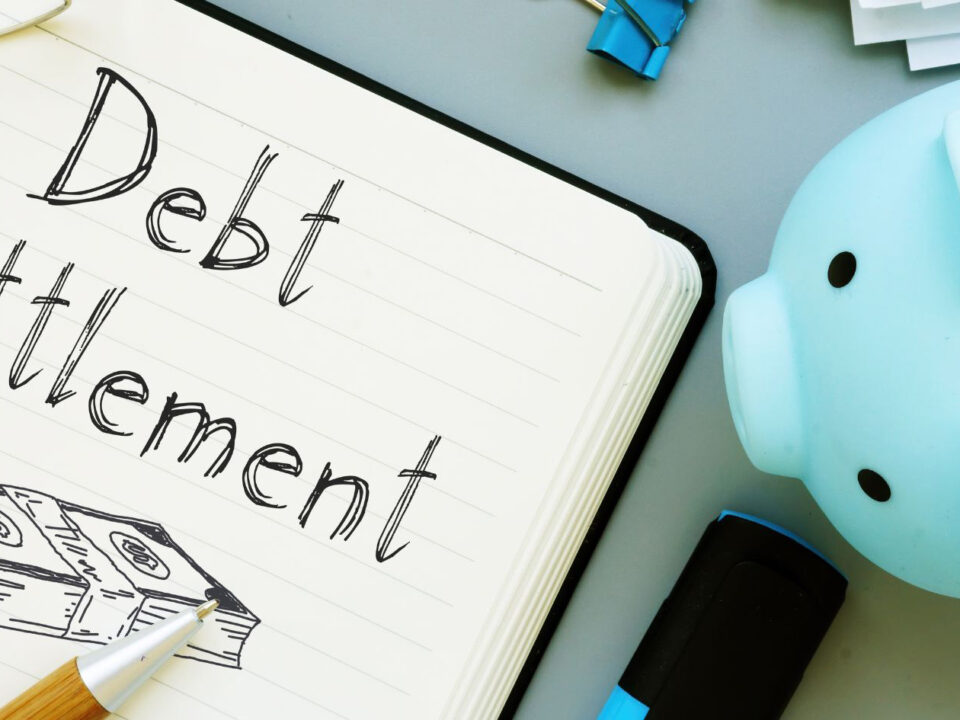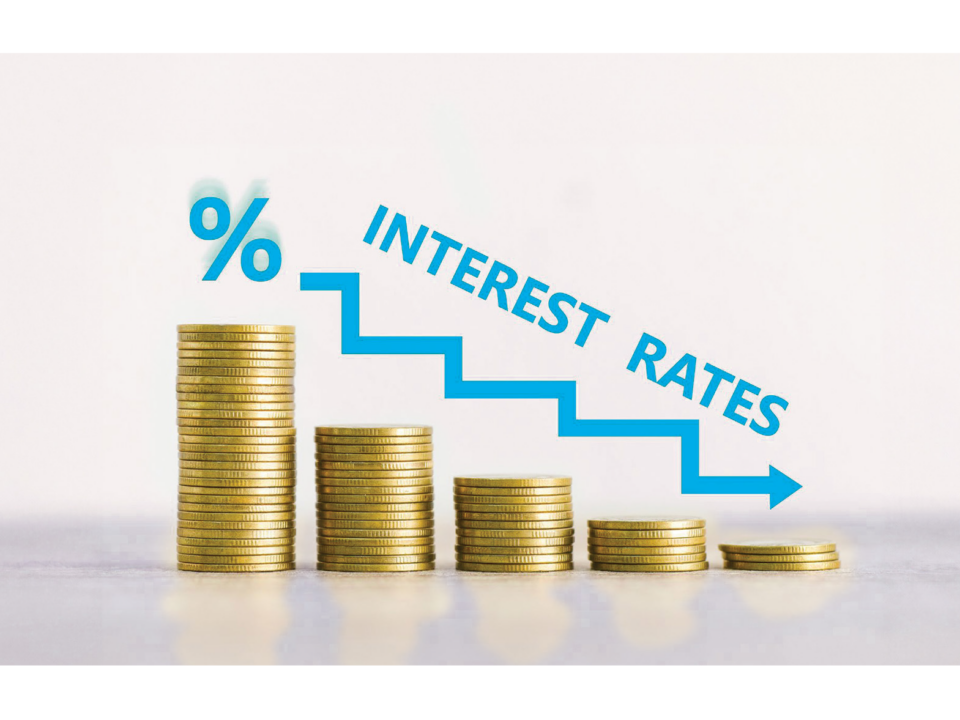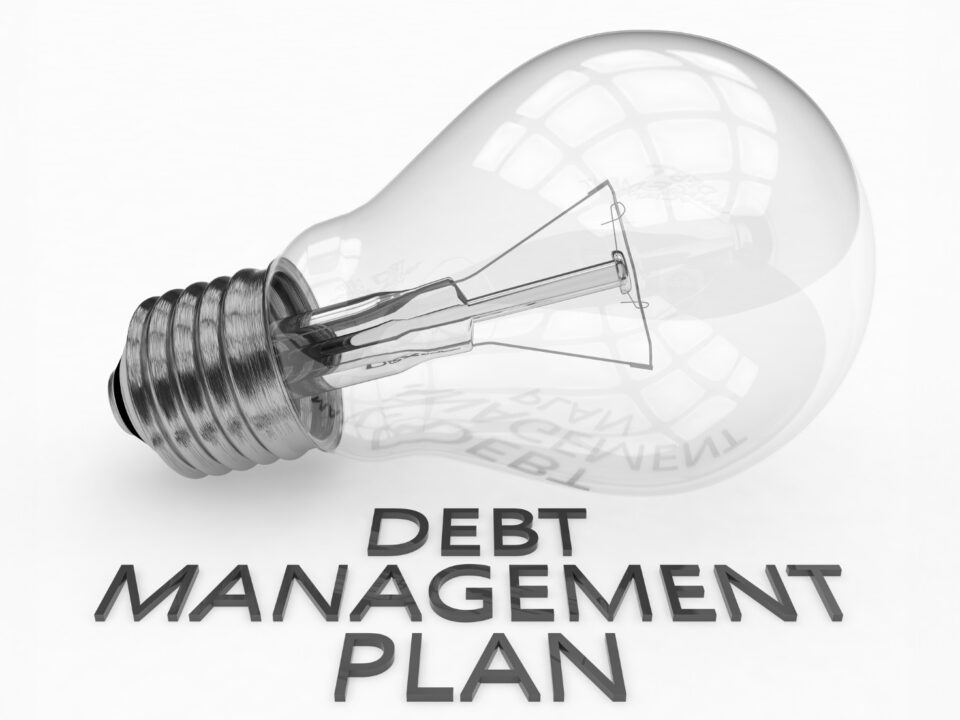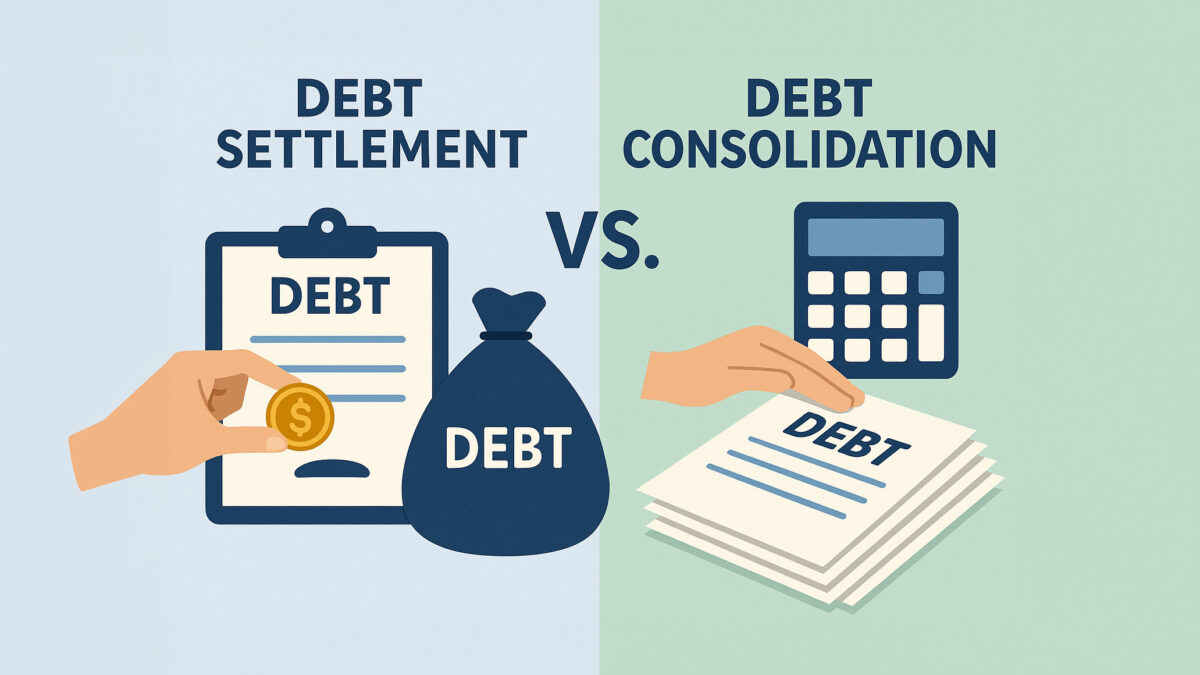
Struggling with credit card debt can be overwhelming, but finding the right credit card debt relief program can make a significant difference in regaining financial stability. Two of the most common solutions are debt settlement and debt consolidation, each with its own advantages and drawbacks.
Understanding how these options work can help you determine which one is best suited to your financial situation. If you’re exploring different debt relief strategies, it’s essential to compare these methods thoroughly.
What is Debt Settlement?
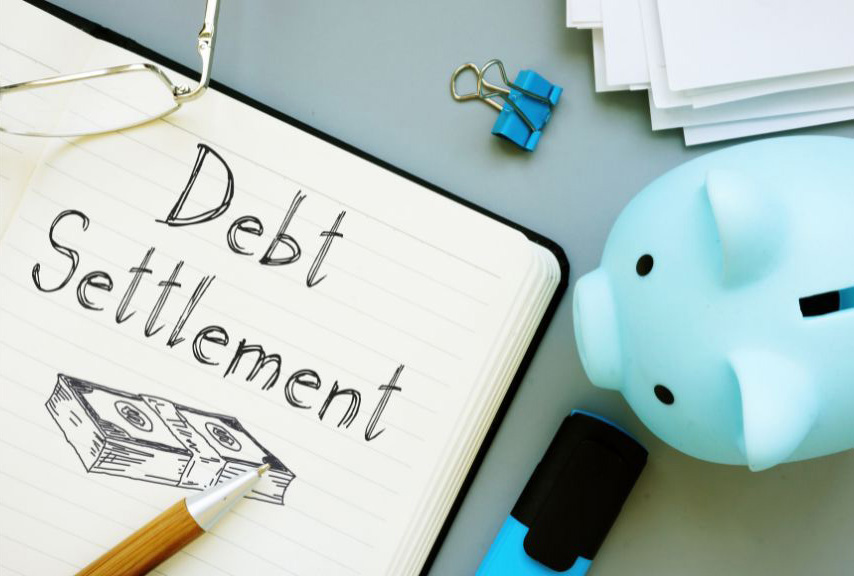
Debt settlement is a process where you negotiate with creditors to pay a reduced amount of your total outstanding debt, usually as a lump sum. This option is often pursued by individuals who are already behind on payments and struggling to meet their financial obligations.
How Debt Settlement Works:
- You or a debt settlement company negotiate with creditors to lower your balance.
- Instead of making monthly payments, you save money until you can make a lump-sum payment.
- Once the creditor agrees, you pay the settled amount, and the remaining debt is forgiven.
Pros & Cons of Debt Settlement
Pros:
- Potential to reduce total debt owed.
- Avoids the need for bankruptcy.
- Could provide faster debt resolution than traditional repayment plans.
Cons:
- Can hurt your credit score due to missed payments.
- Creditors are not required to accept a settlement offer.
- Settlement may be taxable as income.
- Fees from debt relief companies can add to costs.
What is Debt Consolidation?
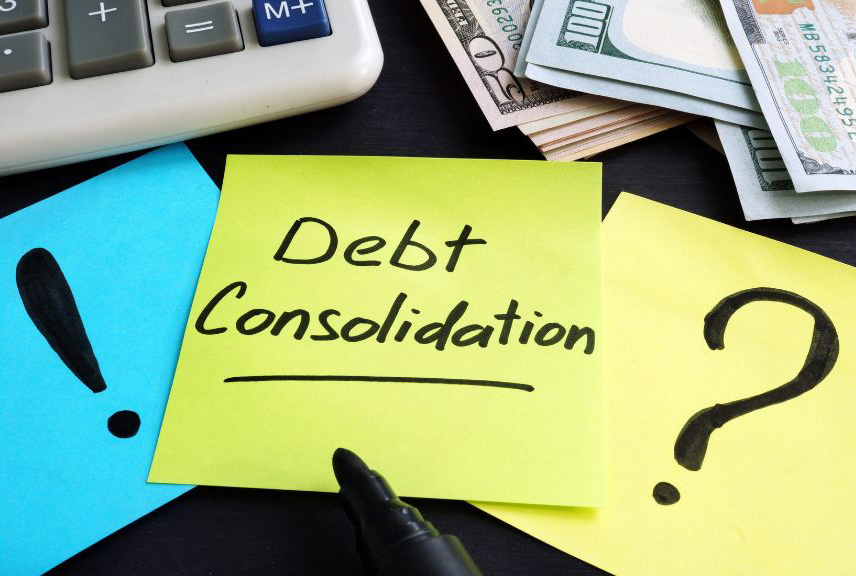
Debt consolidation involves combining multiple credit card accounts and other debts into a single loan or structured repayment plan. This simplifies payments and may lower your interest rate, making it easier to manage your finances.
How Debt Consolidation Works:
- You apply for a debt consolidation loan to pay off existing debts.
- Instead of multiple payments, you make one monthly payment to your new lender.
- Some people consolidate through a debt management plan (DMP) offered by credit counseling agencies.
Pros & Cons of Debt Consolidation
Pros:
- Lower interest rates may reduce overall costs.
- Consolidating into one payment simplifies budgeting.
- Less negative impact on your credit report compared to settlement.
Cons:
- Requires good credit to qualify for the best debt consolidation loans for bad credit.
- Doesn’t reduce total debt—just restructures it.
- Missing payments can result in higher fees and damage your credit report.
Key Differences Between Debt Settlement & Debt Consolidation
|
Feature
|
Debt Settlement
|
Debt Consolidation
|
|
Method
|
Negotiation with creditors
|
Loan or structured repayment plan
|
|
Impact on Credit Score
|
Negative (missed payments, settlements)
|
Less harmful (may even improve score)
|
|
Cost
|
Fees from settlement companies
|
Loan interest rates & fees
|
|
Timeframe
|
Usually 2-4 years
|
Varies based on loan terms
|
|
Eligibility
|
Usually for those in financial hardship
|
Requires good credit for best terms
|
How to Choose the Right Debt Relief Option for You
Choose Debt Settlement If:
- You’re already behind on credit card payments.
- You can’t afford to make minimum payments.
- You’re willing to accept a hit to your credit score in exchange for reducing your total debt.
Choose Debt Consolidation If:
- You have good credit and can qualify for a low interest rate.
- You want to reduce monthly payments without negatively impacting your credit score.
- You’re disciplined enough to stick to a single repayment plan.
If you’re still unsure, you can explore additional debt relief options that may be better suited to your financial situation.
Alternative Debt Relief Programs
If neither debt settlement nor debt consolidation seems right for you, consider these alternatives:
- Debt Management Plans (DMPs) – Offered by credit counseling agencies, these plans help reduce interest rates and structure a repayment plan without taking on new loans.
- Bankruptcy – A last-resort option that may discharge debts but has severe credit implications.
Choosing between debt settlement and debt consolidation depends on your financial situation, credit score, and ability to manage payments. If you’re looking for a structured way to manage your credit card debt relief program, consider speaking with a credit counselor or exploring reputable debt relief companies.
By weighing the pros and cons, you can take control of your finances and move toward a debt-free future.

